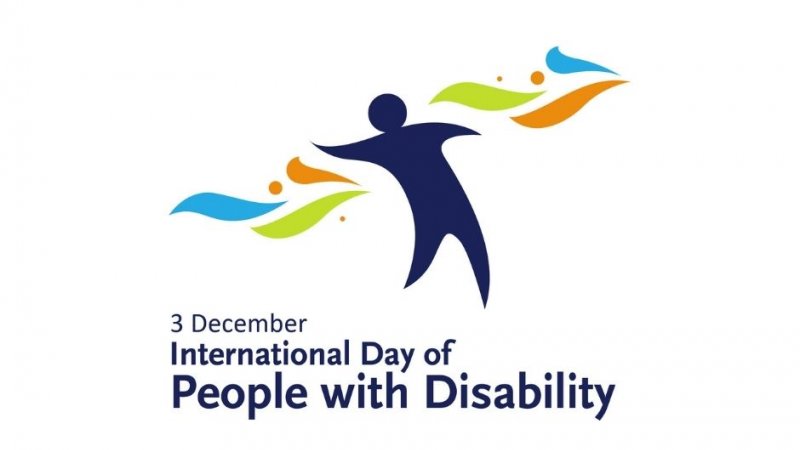
Does age affect sleep? 7 sleep tips for older adults
Sleep for older adults
Despite some myths, you don’t need less sleep as you age. Sleep is an essential aspect of your overall well-being and plays a crucial role in maintaining your physical and mental health.
However, as you age, the quality and quantity of your sleep changes. You might find it harder to get to sleep and you may need to have a midday nap. Or you might need to go to bed earlier and wake up earlier.
It’s important to understand why your sleep changes and have practical strategies for navigating sleep challenges as you age.
How does age affect sleep?
There are many reasons sleep patterns shift as you get older. Your body’s internal clock controls your 24-hour daily cycles, called circadian rhythms. As you age, this clock can deteriorate, which affects when you feel tired and alert.
Light is one of the most powerful cues for maintaining these circadian rhythms. Research has found that many older people don’t get enough light exposure throughout the day.
You may also experience changes in the production of hormones, such as melatonin and cortisol. Older people make less melatonin than younger people, which can play a role in disrupting sleep. For women, reduced estrogen and progesterone levels during menopause can lead to hot flushes, night sweats and increased wakefulness during the night.
Medical conditions that can affect sleep
Older people are more likely to be affected by medical conditions, which can affect sleep quality. Conditions like arthritis, osteoporosis, Parkinson’s disease, indigestion, chronic pain, heart disease and lung disease can all impact on a good night’s sleep. The drugs that are used to treat these conditions may also play a part.
Other things that can reduce your amount of rest are frequent urination, restless leg syndrome and sleep apnoea which are all more common when you’re older.
Your sleep may also be affected by mental health conditions like anxiety or depression. It’s also believed that up to half of people with dementia have difficulty sleeping.
What are some common sleep complaints?
Ageing affects people differently. While some people might have lots of problems sleeping, others may notice no difference. Often, a change in your circadian rhythms means you go to bed earlier and get up earlier. You also might notice that you spend more time in a lighter stage of sleep rather than the deeper stages.
These changes might mean you have issues like:
- Taking longer to fall asleep
- Spending less time asleep
- Waking up more frequently
- Spending too much time in bed trying to get more sleep
- Feeling more tired during the day due to a lack of sleep
- Napping more often during the day and for longer
What are some sleep tips for older adults?
Although ageing can present challenges to sleep, there are ways to help improve your sleep quality.
1. Set up a consistent sleep routine
Set a regular sleep schedule by going to bed and waking up at the same time each day. This can help regulate your internal body clock and improve your sleep quality. You might need to get an alarm clock to help. Don’t go to bed too early and even though it’s tempting, try not to sleep in even if you’ve had an awful night’s sleep.
2. Create a sleep-friendly environment
Make your bedroom a comfortable and relaxing space, keeping it cool, dark and quiet. Invest in a supportive mattress and pillows and consider using earplugs, eye masks or white noise machines if necessary. It’s also important not to have distractions like television, phones or other electronics. The bright lights can make it challenging to fall asleep.
3. Practise good sleep hygiene
Develop a relaxing bedtime routine that helps get you in the mood for sleep. It’s important to avoid stimulating activities like using a screen or watching TV. Choose a calming activity, like reading, taking a bath or having a warm glass of milk.
4. Limit naps
Research suggests that about 25% of older adults nap during the day compared to 8% of younger adults. Although a short daytime nap can be beneficial, it’s important to make sure it’s not too long and not too late in the day, as then it can impact on the quality of evening sleep.
5. Maintain a healthy lifestyle
Regular exercise during the day can improve sleep quality. However, avoid vigorous workouts too close to bedtime. Limit consumption of caffeine and alcohol, especially in the evening, as they can disrupt sleep patterns.
6. Get some sunlight
Your body needs to be exposed to sunlight to regulate your body clock and help you stay aligned with night and day. Head outside each morning for a quick walk and a burst of sunlight. It’s also important you get some sunlight later in the afternoon to help strengthen the sleep-wake cycle.
7. Ask for medical advice
If sleep disturbances persist or are impacting your daily life, it’s important you talk to a doctor. They might identify any underlying medical conditions and suggest an appropriate treatment to help.
If you’d like someone to help you stay at home and live an independent life, get in touch with our team. At Five Good Friends, we help people lead engaged and successful lives in the homes and communities they love.
Learn more: Dental health for older people and why it's important.







